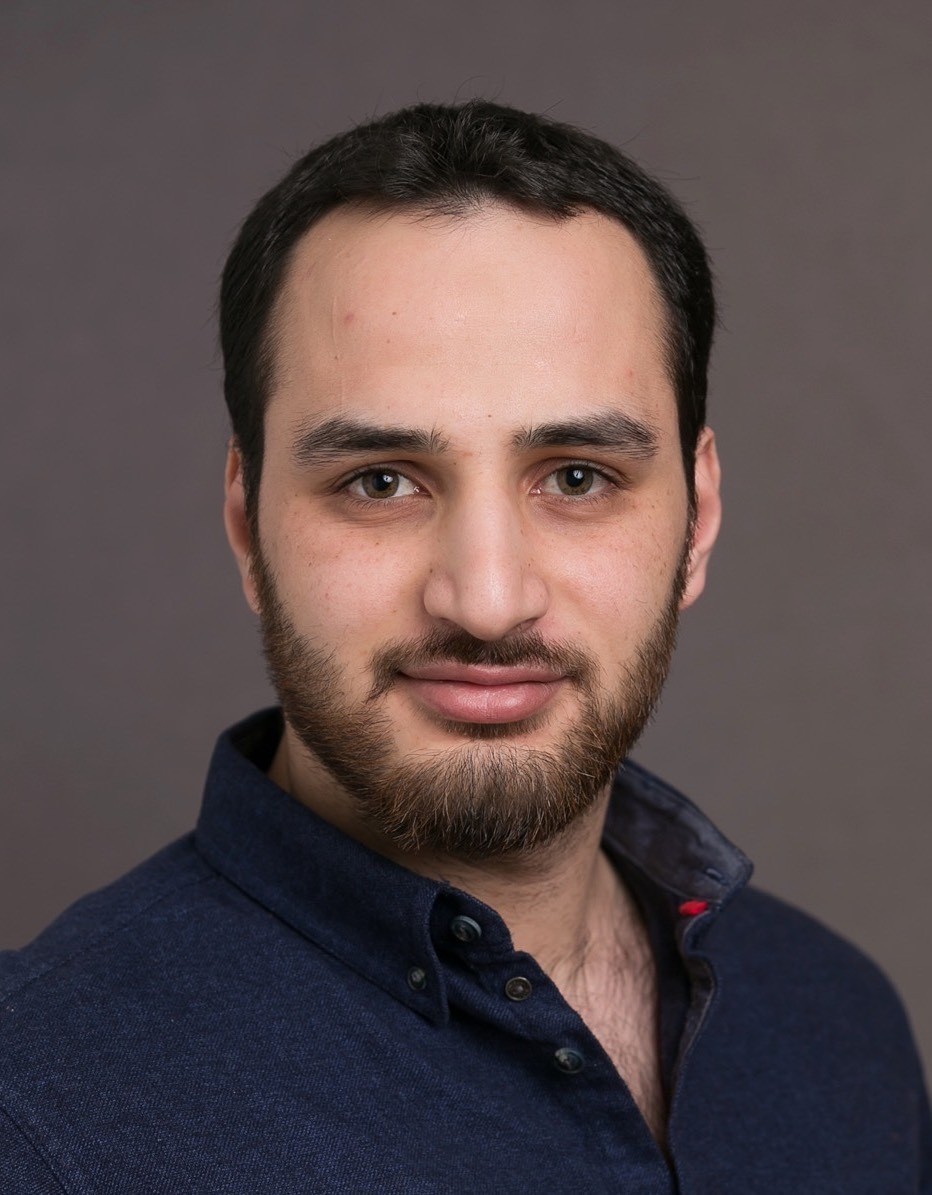


Suhaib Mujahid is a Staff Machine Learning Engineer at Mozilla. In his role, he leads projects aimed at addressing software engineering challenges. He also focuses on bridging the gap between innovative research and practical software engineering processes. Dr. Mujahid received his PhD in software engineering from Concordia University (Canada) in 2021, where his focus was on Mining Software Repositories, Software Ecosystems, Release Engineering, and Machine Learning on Code.
Bots (short for software robots) are software applications that perform often repetitive or simple tasks. In particular, social and chat bots interacting with humans are a recent research topic. Similarly, bots can be used to automate many tasks that are performed by software practitioners and teams in their day-to-day work. Recent work argue that bots can save developers' time and significantly increase productivity. Therefore, the goal of this one-day workshop is to bring together software engineering researchers and practitioners to discuss the opportunities and challenges of bots in software engineering. We solicit 4-page work in progress papers, position papers, and experience reports. Work in progress papers are expected to describe new research results and make contributions to the body knowledge in the area. Position papers are expected to discuss controversial issues in the field, or describe interesting or thought provoking ideas that are not yet fully developed. Experience reports are expected to describe experiences with (amongst other things) the development, deployment, and maintenance of bot-based systems in the software engineering domain. All submissions will be reviewed by at least three program committee members. Accepted submissions will be invited to give a talk to present their findings. Submissions may address issues along the general themes, including but not limited, to the following topics:
All deadlines are firm at the Anywhere on Earth (AoE):
Submissions should be made via easychair by the submission deadline.
Submission must not exceed 4 pages, including all text, figures, tables, and appendices; one additional page containing only references is permitted.
Each submission must conform to the IEEE conference proceedings template, specified in the IEEE Conference Proceedings Formatting Guidelines
(title in 24pt font and full text in 10pt type, LaTeX users must use
\documentclass[10pt,conference]{IEEEtran}
without including the compsoc or compsocconf options).
For more information see here: https://www.ieee.org/conferences/publishing/templates.html
We are soliciting presentation-only lightning talks.
Authors are asked to submit a short proposal that describes the main contributions of the lightning talk. Talk proposals should contain a brief abstract, place an emphasis on the motivation for the talk, and summarize contributions being presented. Proposals should not exceed 300 words and need to be submitted via easychair by the submission deadline.
All submitted abstracts will be peer-reviewed by members of the Programme Committee based on the criteria mentioned above.